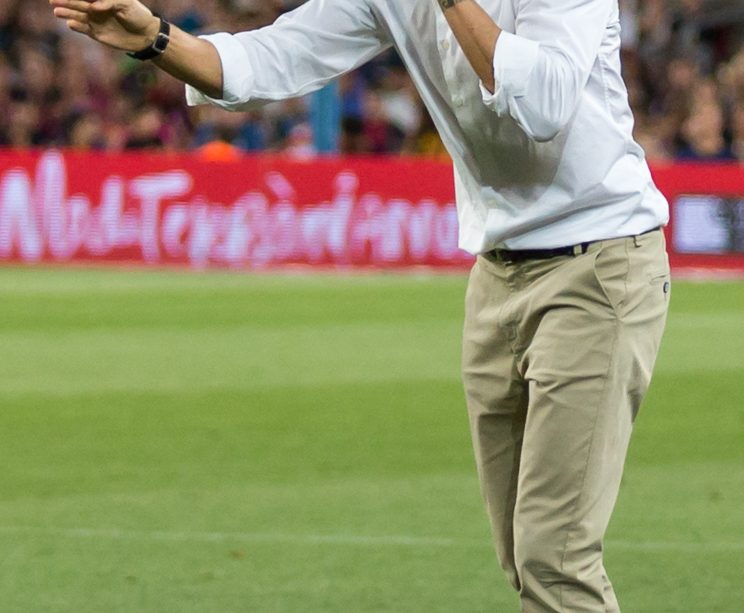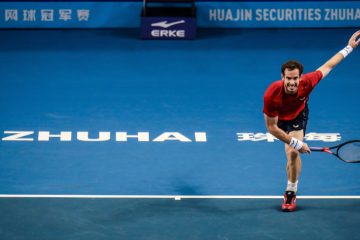Luis Enrique: A Look at His Journey and Impact on Football

Introduction
Luis Enrique, a name synonymous with success in global football, continues to be a pivotal figure in the sport. His tactical awareness and ability to develop young talent have made him one of the most respected managers. As the football world faces changes both on and off the pitch, understanding his impact and strategies becomes increasingly relevant.
Career Overview
Born on May 8, 1970, in Gijón, Spain, Luis Enrique began his professional career as a player with Sporting Gijón before moving to Real Madrid in 1991. After eight productive seasons, where he won two La Liga titles, he further enhanced his reputation at FC Barcelona, where he amassed another two La Liga titles and the UEFA Champions League trophy as a player. Transitioning into management, Enrique initially took the helm at Barcelona B before rising to oversee the senior team from 2014 to 2017, during which time he led the club to an impressive treble in 2015.
Recent Developments
As of 2023, Luis Enrique has taken on a new challenge as the head coach of Paris Saint-Germain (PSG). His appointment follows the club’s aim to recalibrate the team and achieve greater success in both domestic and European competitions. Under his leadership, PSG has focused on creating a cohesive unit, blending established stars with promising young players. Recent matches have showcased a more dynamic style of play, indicative of Enrique’s philosophy.
Impact on Football
Luis Enrique’s coaching style is characterised by his emphasis on possession and pressing, which has transformed the teams he manages. His commitment to nurturing young talent is evident in how he integrates academy players into the first team structure. His leadership during international competitions has also been significant; he guided Spain to the semi-finals of Euro 2020 and is focused on building a competitive squad for the upcoming UEFA Euro 2024.
Conclusion
As fans and analysts alike follow Luis Enrique’s career, it is apparent that his influence on football is far-reaching. His ability to adapt and evolve with the game will be crucial for PSG as they strive for success in the upcoming seasons. For readers, keeping track of Luis Enrique’s strategies and achievements offers valuable insights into contemporary football management, reflecting broader trends in player development and team dynamics.









